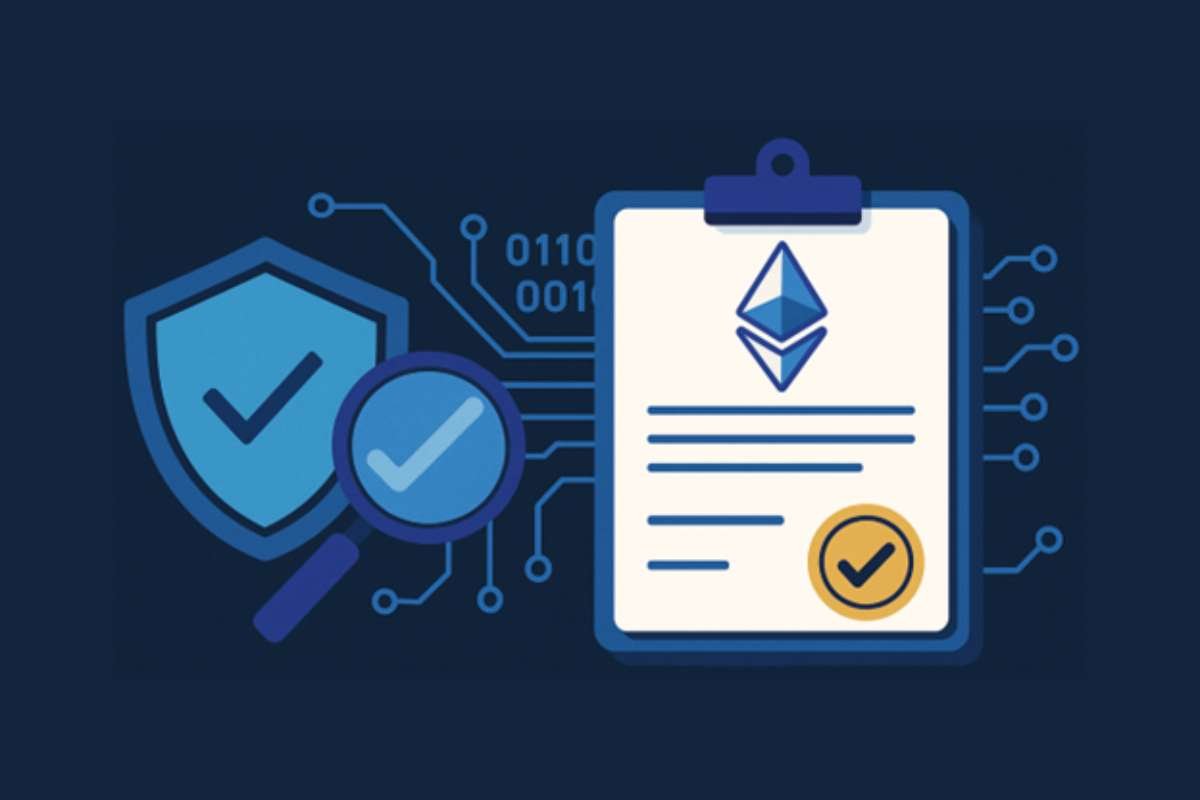Working from home is becoming more common, and as high-demand skills are required in this digital era, software developers worldwide are being tapped into as a vital resource.
Do you have a computer science, coding, or programming degree and want to be employed virtually, maintaining a home office while contributing your skills to a company in need? Your training may get you the job, but your duties will vary depending on the employer’s needs.
As with most jobs, there will be specific requirements that you are asked to meet, but they will all fall within your training and ability. Remote working is a sense of freedom mixed with a commitment to your employer, so learn to balance these two as you hone your skills and contribute to the exciting world of computer software development.
To prepare you for this modern workforce, here are some of the responsibilities of remote developers.
Understand Your Position
You can hire remote developers for different roles. These include data Scientists, who analyse data and develop predictive models to make informed decisions.
Front-end developers work on developing coding in HTML, CSS, Javascript, and user interfaces. A back-end developer works on databases, APIs and servers to develop back-end components of an application. For full-stack developers, this position involves both the above technologies.
DevOps engineers are involved in maintaining and deploying applications, monitoring tools, and automation. With mobile developers, you are developing smartphone and tablet applications.
Writing Code

Writing code at its basic level is creating instructions that tell a computer what to do using different languages like Javascript, Python, and C#. You will be tasked with writing code independently, collaborating with co-workers, and participating in virtual meetings to review progress and receive updates.
This is all part of developing software for your employer. Along with writing code, you test it to see if it works as expected. You are solving a problem, so plan your code while keeping it simple and using meaningful names following a code standard. Refactor regularly and, again, test the code for performance and improvement.
Maintenance
The life cycle of software development is a process where a developer or team works to minimize risk so that software meets or exceeds expectations during development and beyond. This is the role of maintenance, which involves modifying, changing, and updating software as needed.
Software is tested, monitored and gets information from users with feedback to fix glitches and bugs and boost performance. It is exciting to launch new software, but being part of the maintenance team is crucial to the program’s success.
Types of Software Maintenance

Corrective maintenance is the process of fixing errors and faults as they are discovered. Because they impact the software, they need to be fixed quickly.
Preventative maintenance is looking into the future to see where potential problems may arise in the software. It is fixing small, somewhat insignificant issues before they become larger problems.
Performative maintenance occurs when software is released. End users often ask for more features and requirements. This must be developed to improve the software and meet users’ needs.
Adaptive maintenance requires that software be altered to be compatible with changes in operating systems, hardware, and cloud storage.
Discipline
Like any work-from-home position, you need to discipline yourself for the tasks you are required to do. Remote developers often work with a team, either checking in throughout the day or in real-time.
Regular working hours or a commitment to putting in the required hours is necessary so you can stay focused.
Communication Skills
Remote work is not in-person, so you need to rely more on communication through various means. You must be available for:
- Emails
- Instant messaging
- Video chat
- Intranet communications
It would help if you showed that you are as reliable as a face-to-face worker, so keep in contact as required and remain responsive.
Managing Time

It can be easy to get distracted, especially in a home office situation, but you must stay on task and manage your time effectively for your employer. They have expectations of you and trust that you are putting your full focus on your daily tasks as a remote developer.
Always allocate time, even working with a flexible schedule, because you must prioritize your workload and meet all deadlines.






